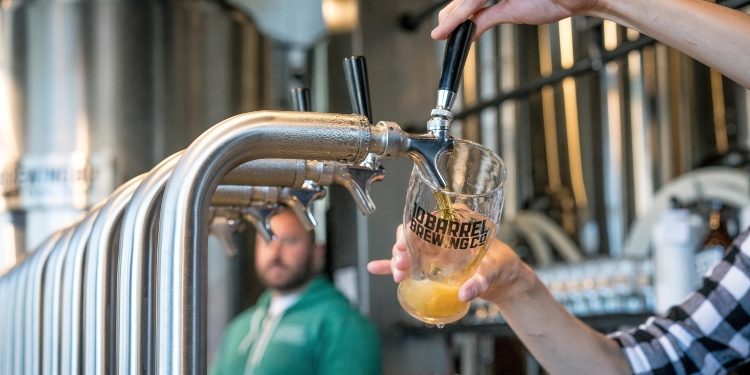If you’ve been considering becoming the landlord of a pub and you’re not afraid of taking on a demanding set of responsibilities that sometimes require working unsociable hours, you may want a few more pointers before you put your dream into action.
Though challenging, being a pub landlord is a rewarding and sociable job for the right person. If you think that could be you, read on to find out more.
Are any qualifications necessary?
You don’t necessarily need any previous academic or vocational qualifications to run a pub. Possessing the people person skills required to deal with customers and staff is vital, and knowledge about stock control, managing finances and legal issues goes a long way.
If you’re part of the 29% of landlords who operate under a pub company, there are likely to be qualifications they require you to undertake to get started.
To obtain the licences required to run a pub, there are certain training courses you will need to go on. These include the Pre-Entry Awareness Training (PEAT) course and personal licence training.
To obtain a personal licence, you will also need an accredited qualification that proves you are aware of licensing law and the responsibilities involved in the sale of alcohol.
What licences do you need?
As mentioned, you’ll need to complete PEAT – an e-learning course giving an overview of the knowledge needed to take on a pub tenancy.
You will also need a premises licence. This authorises you to sell alcohol, perform other licensed activities and sell hot food and drinks after 11pm. This requires certain details to be submitted, including a detailed plan of the premises and a schedule that outlines what time licensed activities will occur.
There will need to be one person on the premises that has obtained a personal licence so that you can sell alcohol. This can either be you or another member of staff, who will have needed to take an accredited course that prepares them for holding this licence.
Keeping the profit from your pub
One of the main appeals of running a business can be that with no set hourly rate, you can pay yourself out of the profits.
With a bit of creativity, you can come up with a plan to ensure you are maximising the profit you make from your pub. You could look at what steps you can take to make it an inviting space for as many demographics as possible; offer a wide variety of food and drinks, and little extras such as free Wi-Fi and games.
How do you choose insurance?
Just as you would with your home, you may want to get insurance for your pub. When researching your options, make sure you look for a policy tailored specifically to the sector.
Different types of pub insurance often cover different things, so consider which aspects are important to you.
Once you know you want to operate a pub, making a list of these steps and breaking them down into achievable goals is a great way to set the wheels in motion. With everything in place, you can create a fun, sociable pub that customers will want to keep coming back to.
David Prior
David Prior is the editor of Today News, responsible for the overall editorial strategy. He is an NCTJ-qualified journalist with over 20 years’ experience, and is also editor of the award-winning hyperlocal news title Altrincham Today. His LinkedIn profile is here.


![7 Best POS Software in the UK [2026 Edition]](https://todaynews.co.uk/wp-content/uploads/2026/02/7-Best-POS-Software-in-the-UK-2026-Edition-360x180.png)










































































